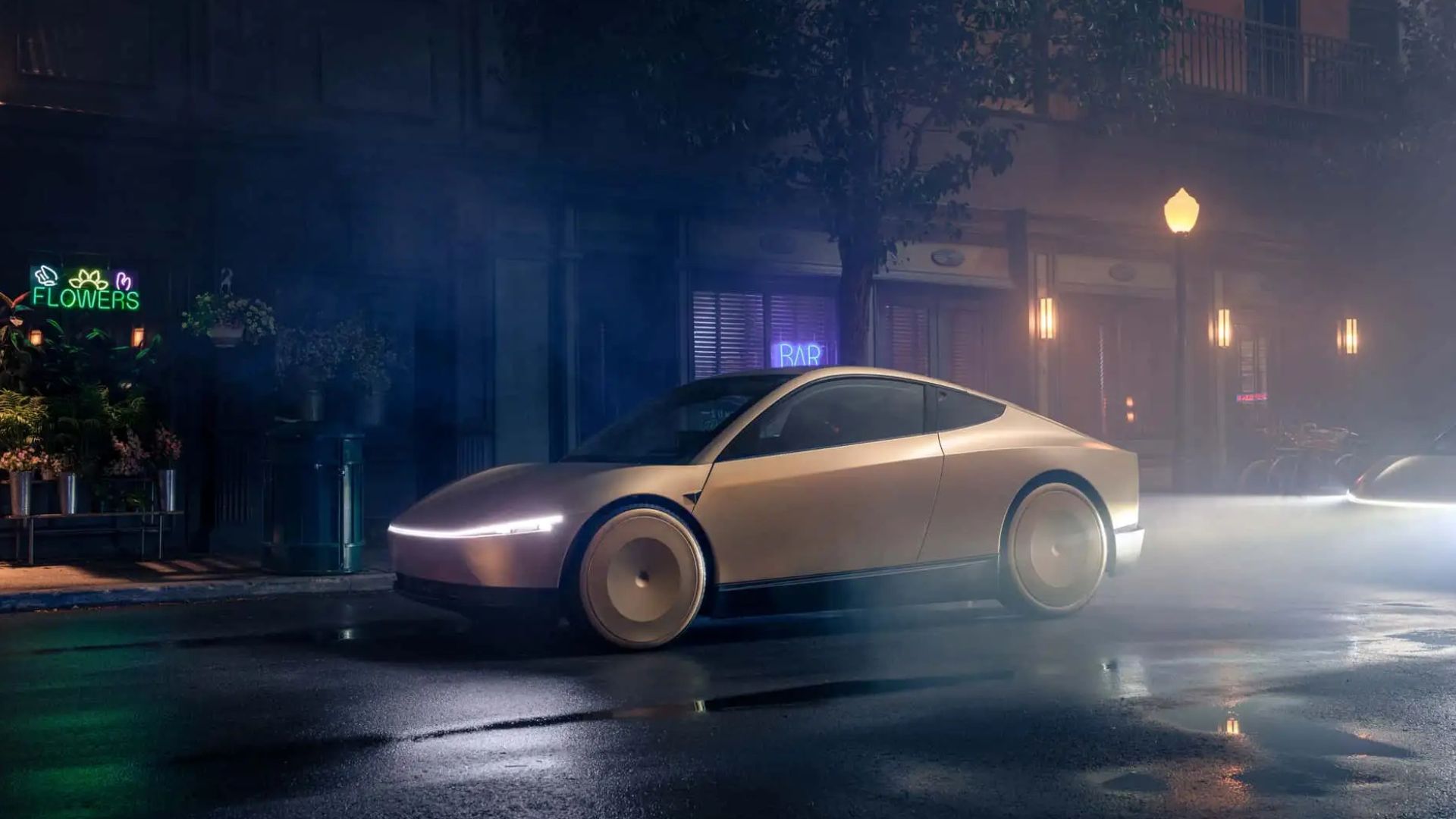Tesla’s plans for ‘Robotaxi’ and ‘Cybercab’ trademarks face challenges ahead of launch
Tesla’s trademark bids for ‘Robotaxi’ and ‘Cybercab’ face delays from the USPTO just weeks before its self-driving ride service launch.

Tesla’s hopes of trademarking the terms “Robotaxi” and “Cybercab” have run into trouble just weeks before the company’s planned reveal of its self-driving ride service. You may have heard of the Cybercab, Tesla’s purpose-built electric vehicle designed for a future autonomous ride-hailing network. But now, Tesla is facing setbacks from the U.S. Patent and Trademark Office (USPTO), which says the term “Robotaxi” is too generic and won’t be granted as a trademark, at least for now.
Table Of Content
‘Robotaxi’ deemed too generic
On April 14, the USPTO reviewed Tesla’s trademark application for “Robotaxi” and found no existing conflicting trademarks. However, that didn’t mean it was a smooth path forward. The examiner rejected the request, stating that the term is “merely descriptive” and used by other companies for similar services. In simpler terms, the USPTO believes “Robotaxi” is too general to be claimed by any one business.
Tesla now has three months from the USPTO’s April 14 decision to submit more information or risk having the application abandoned. This is known as a “nonfinal office action,” which gives you a chance to respond before making a final decision. The company must show why the term should be considered uniquely tied to Tesla’s offerings.
To do that, Tesla must submit proof, such as brochures, adverts, website screenshots, and any other materials showing how it uses the word “Robotaxi.” It will also have to clarify whether rivals are using similar terms like “ROBO,” “ROBOT,” or “ROBOTIC” in connection with similar products or services.
This trademark request, filed in October 2024, protected the term “Robotaxi” for land vehicles, electric vehicles, and related parts. That was the same day Tesla officially revealed the Cybercab, a sleek electric car designed to operate without a driver as part of a future ride-hailing service.
Second ‘Robotaxi’ application still pending
Even as the first trademark request was refused, Tesla submitted another application to use “Robotaxi” in connection with ride-sharing, group travel arrangements, and short-term vehicle rentals. This second application is still under examination and was assigned to a USPTO examiner on April 14. No decision has been made on that request, but it’s clear that Tesla aims to secure the name across its vehicles and services.
The company hopes that the name “Robotaxi” will become closely linked to its new transportation offerings, much like “Autopilot” and “Supercharger” have been for its other innovations. But first, it has to convince the trademark office that “Robotaxi” isn’t just a term anyone can use.
‘Cybercab’ trademark also meets resistance
In addition to “Robotaxi,” Tesla is facing issues with another name: “Cybercab.” This trademark application has been halted because other companies are also trying to claim rights to terms involving “Cyber.” One of those companies has already applied for multiple trademarks related to Cybertruck accessories, which could overlap with Tesla’s plans.
As a result, the USPTO will not move forward with Tesla’s “Cybercab” application until the situation with those competing filings is resolved. Tesla will likely need to wait for the USPTO to review these conflicts before proceeding.
Meanwhile, two more applications Tesla submitted for the name “Robobus” on October 10 are still under review. Depending on how descriptive the terms are and whether other companies are using them, these might follow a similar process.
So, while Tesla’s ambitions for a driverless ride-hailing network continue to take shape, its legal efforts to trademark the names that will define the service are proving more difficult than expected.
















